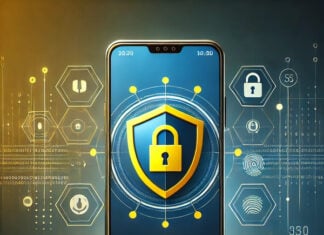
To all those who think paying a ransom would help in retrieving back their data from hackers, here’s research that proves it wrong. According to a survey carried out by Kaspersky, over 50% of ransomware victims have claimed that they did not get back their data as promised by hackers even after they bowed down to the demands of hackers.
Kaspersky report says that there was an increase in ransomware attacks and payments at the same time last year when whole of the world was in a govt imposed lock down because of the rapid spread of Corona Virus Pandemic.
Out of 15,000 customers surveyed by the Russian Cybersecurity firm, only 29% of victims stated they recovered back their data from encryption after paying a ransom in cryptocurrency. Others claimed to have lost most of their stolen files, or were never offered the stolen data by the hackers.
Highlight of the survey is that it was conducted in Britain and the respondents were those belonging to companies operating in and around UK.
Marina Titova, the head of marketing at Kaspersky, reiterated the fact that paying a ransom doesn’t guarantee the return of the decryption key to the locked database or retrieval of stolen files.
In November 2019, FBI issued a press statement urging all ransomware victims not to bow down to the demands of hackers as it not only guarantee the return of the decryption key but also encourages the criminals to populate the cyber attacks further.
Kaspersky is offering some tips to victims of ransomware attacks, and they are as follows-
· Never entertain the demands of the cyber criminal and instead contact the law enforcement
· Never click on links sent by unknown senders on the mobile phones and laptops
· Avoid opening spam emails or text messages
· Never insert Pen drives on your computing device sent by unknown sources.
· Having an effective data recovery plan and using a threat monitoring solution do helps
· Creating awareness among employees about the cyber threats lurking in cyber landscape also helps


















